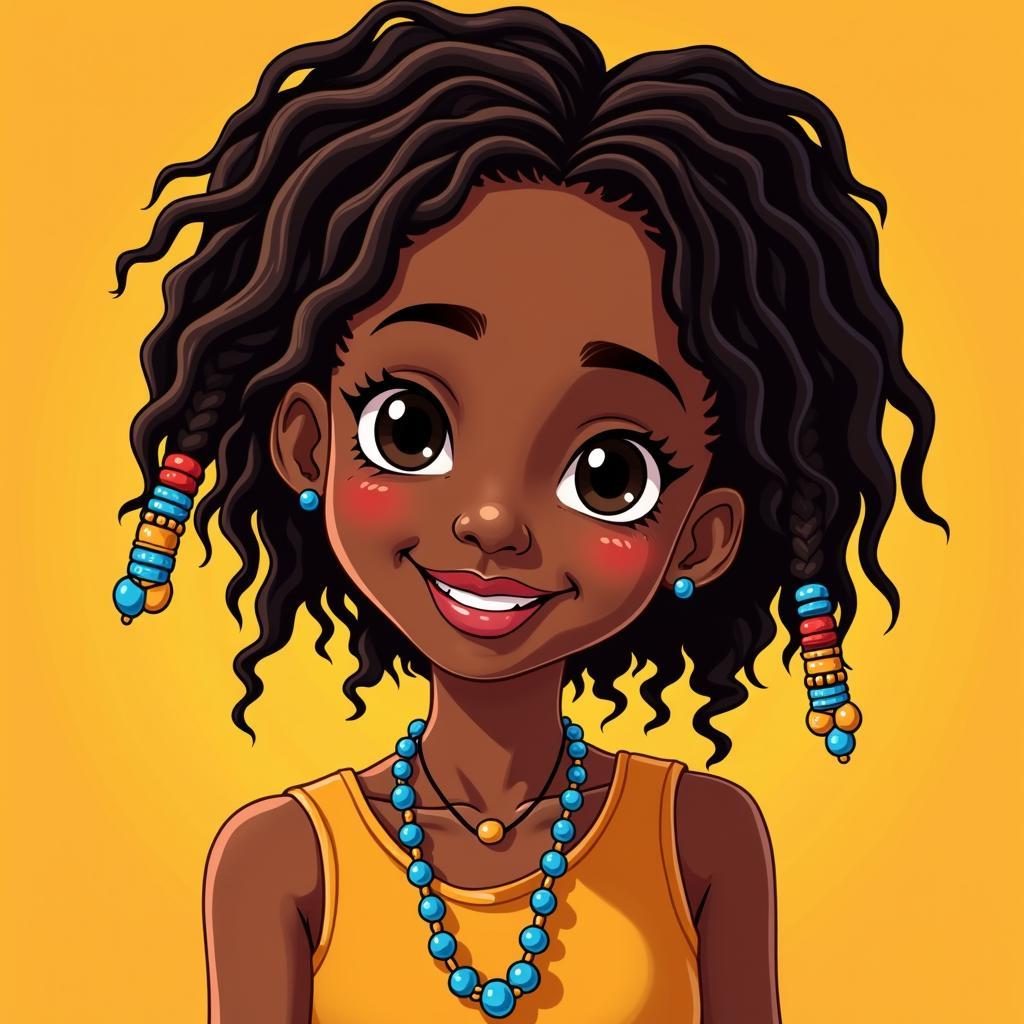The Powerful Story Behind African Child Day
African Child Day is a powerful reminder of the inherent rights and potential of every African child. Celebrated annually on June 16th, it commemorates the 1976 Soweto Uprising in South Africa, where students protested the inferior quality of their education under apartheid. This day serves not only as a memorial but also as a call to action for governments, organizations, and individuals to recommit to ensuring the wellbeing and prosperity of Africa’s future generations. This important day focuses on various themes impacting children’s lives across the continent.
One critical aspect of understanding African Child Day is acknowledging the diversity of experiences across the continent. While the Soweto Uprising serves as a focal point, the day also acknowledges the unique challenges faced by children in different African nations. These challenges range from access to quality education and healthcare to protection from child labor and conflict. Learning about these diverse experiences provides a more comprehensive understanding of the significance of African Child Day. You can learn about the unique and important occasion of African Child Day 2019.
The Historical Significance of African Child Day
The Soweto Uprising, the catalyst for African Child Day, stands as a testament to the courage and resilience of African youth. Thousands of students took to the streets to demand better education, bravely facing the brutal force of the apartheid regime. This act of defiance sparked a wave of protests across South Africa and internationally, ultimately contributing to the dismantling of apartheid.
Why June 16th?
The date of June 16th was chosen to specifically honor the memory of the students who lost their lives during the Soweto Uprising. Their sacrifice serves as a stark reminder of the ongoing struggle for children’s rights and the importance of continued advocacy. This day is not just about remembering the past; it is about working towards a future where every African child can thrive.
The Ongoing Challenges and Triumphs of African Children
Despite significant progress made since 1976, African children still face numerous challenges. Poverty, conflict, and disease continue to pose significant threats to their wellbeing. However, amidst these challenges, there are also remarkable stories of resilience, innovation, and triumph.
Access to Education: A Fundamental Right
Access to quality education remains a significant hurdle for many African children. Lack of resources, inadequate infrastructure, and socioeconomic disparities often limit educational opportunities, particularly in rural areas. However, numerous initiatives are working to bridge this gap, providing innovative solutions and empowering communities to prioritize education.
For those interested in exploring historical figures and their influence, check out resources like African American biography books. These resources can offer valuable insights into the struggles and triumphs of individuals throughout history.
Child Health and Wellbeing: A Priority
Child health and wellbeing are crucial for the future of Africa. Malnutrition, preventable diseases, and limited access to healthcare services remain significant concerns. However, advancements in medical technology, community-based health programs, and increased awareness are contributing to positive changes.
“Investing in the health and wellbeing of African children is an investment in the future of the continent,” says Dr. Amina Mohamud, a renowned pediatrician specializing in child health in East Africa.
Protecting Children from Exploitation and Conflict
Protecting children from exploitation and conflict is a critical aspect of upholding their rights. Child labor, child trafficking, and the impact of armed conflict pose serious threats to their safety and development. Organizations and governments are working to implement protective measures, provide support services, and advocate for policies that safeguard children’s rights.
“Every child deserves a safe and nurturing environment where they can reach their full potential,” states Kofi Annan, a respected child rights advocate from Ghana. “We must work together to create a world where all children are protected from harm.” You might find heartwarming and delightful content showcasing the joy of childhood in African babies funny.
Celebrating African Child Day: A Call to Action
African Child Day is not merely a commemorative event; it is a call to action. It is a reminder that the future of Africa rests on the shoulders of its children, and it is our collective responsibility to invest in their wellbeing. We can support organizations working to improve access to education, healthcare, and protection, and advocate for policies that prioritize children’s rights.
Conclusion: The Future of African Children
African Child Day is a powerful story of resilience, hope, and the ongoing struggle for the rights of every African child. From the Soweto Uprising to the present day, it serves as a reminder of the progress made and the challenges that remain. By working together, we can create a future where every African child has the opportunity to thrive. Let us recommit to supporting the next generation of African leaders, innovators, and change-makers. Learn more about the rich heritage and leadership within African cultures by exploring resources like African king and queen names. For enriching summer activities for children, consider exploring options like the African American Museum Dallas Summer Camp.
FAQ
- When is African Child Day celebrated? (June 16th)
- What event does African Child Day commemorate? (The Soweto Uprising)
- What are some of the key challenges facing African children today? (Poverty, conflict, limited access to education and healthcare)
- How can I support African Child Day initiatives? (Donate to organizations, advocate for policy change, raise awareness)
- What is the significance of the Soweto Uprising? (It highlighted the struggle against apartheid and the demand for quality education for all children.)
- What is the theme of African Child Day for this year? (This varies annually and is determined by the African Union.)
- What are some success stories related to improving the lives of African children? (Improvements in child mortality rates, increased access to primary education, and successful community-based health initiatives.)
Other Questions About African Child Day
- What are the cultural significance of children in different African societies?
- How can we promote child participation in decision-making processes?
- What are the long-term impacts of child labor and exploitation?
For more information on related topics, explore other articles on our website related to African history, culture, and social issues.
When you need support, please contact us at Phone Number: +255768904061, Email: kaka.mag@gmail.com or visit us at Mbarali DC Mawindi, Kangaga, Tanzania. We have a 24/7 customer support team.

